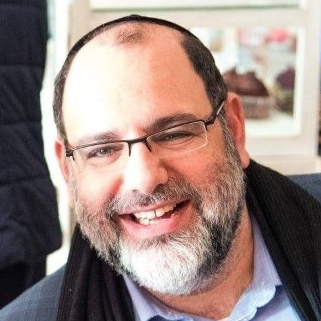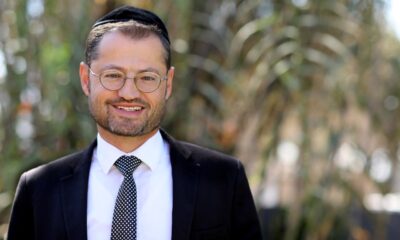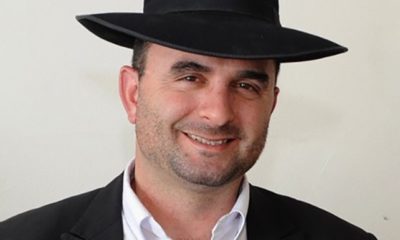
Parshot/Festivals

Just be more than yourself
Don’t people love saying, “Be true to yourself”, “Don’t forget who you are”, or “You don’t want to see the real me?”
Some people erroneously believe that their jobs define them, but what we do doesn’t define us. It’s really about who we are.
Rabbi David Aaron relates how his daughter was learning to play the guitar, and challenged her father, “Abba, why don’t you try play guitar, you are so musical?” He responded, “I can’t, my fingers are too small.” She then put her hand next to his, and said, “No, your fingers are longer than mine,” and he then remembered that he had this false perception of himself based on something some person told him 40 years previously!
Isn’t that just so scary? Why are we so quick to label people? Don’t we realise that labels can cause harm that a person could live with for the rest of his life? That is why the Lubavitcher Rebbe warned his talmidim, “Labels are for clothing, not people.”
After the Akeida at the end of last week’s parsha, Hashem appears to Avraham and says, “Now I know that you are a G-d fearing man, seeing that you didn’t withhold your only son from me.”
“Now I know”, really? After Avraham has proven himself over the past 137 years of his life? Years packed with unbelievable acts of chesed? Why did Hashem only now say that He knows?
The answer is that it’s true that Avraham was the manifestation of kindness in this world. But where did the kindness come from? Was he just a nice guy, being himself, or was he in control of it?
The only way to prove it was for Hashem to tell such a nice guy to kill his favourite son. The fact that Avraham was ready to do this seemingly very cruel act is proof that his chesed didn’t come from being himself at all. He had to not be himself. Everything he did was for Hashem and not for himself at all.
Avraham wasn’t a slave to his personality, he was the master of it.
I think we can safely say that being ourselves is a pretty limiting thing and can stunt our growth in life. So what should we do? How should we live.
Every Shabbos day, we say “Nishmat kol chai” at the end of Pesukei D’zimra. There is a verse there that is important to our discussion: “All the limbs in my body, my spirit, and soul, and the tongue you placed in my mouth: those things will bless You, and laud You and praise Your name, our king.”
Basically, this teaches us to look at what Hashem has given us, and use those talents to bless Hashem’s name in this world and fix the world (tikkun olam). To use whatever we can, including our talents and gifts, to achieve this mammoth task.
Rav Tzadok Hakohen of Lublin, however, gives us another way of looking at this when he says that, “If you want to know your mission in life, look at your yetzer hora.” This means that you should look at what you struggle with.
You need to strike this balance. By looking at your positive and negative traits – at what you’re good at and what you struggle with – you can live a very fulfilling life.










